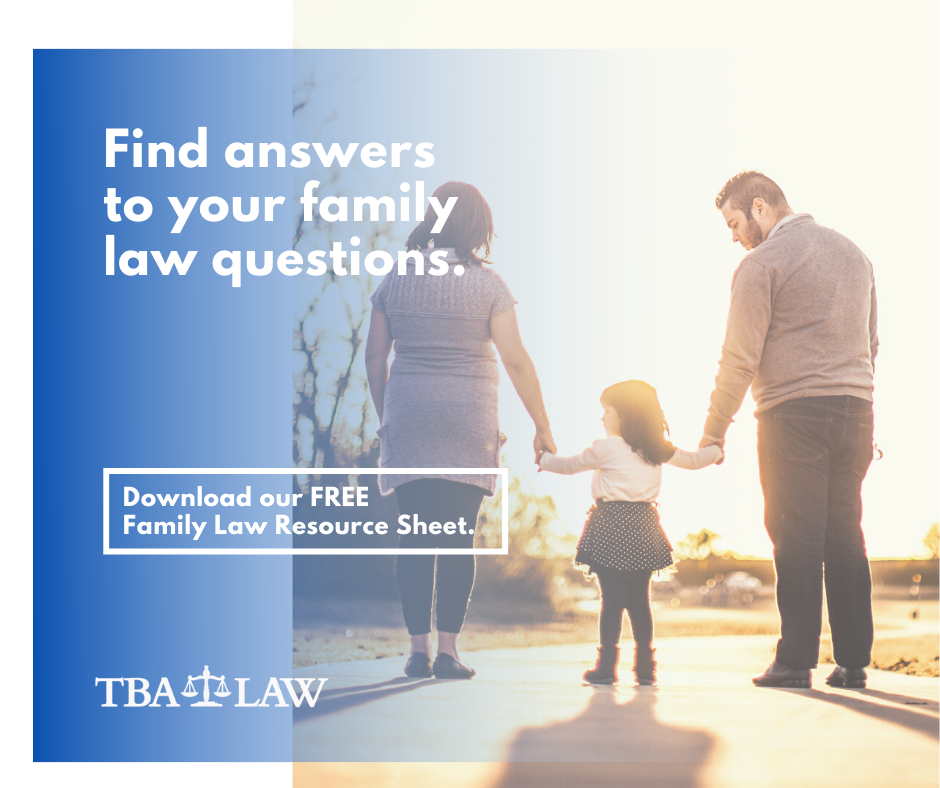What to do when your kids want to meet the judge and tell him what they want
by Marguerite Bourke
When your kids say “Can I meet the judge and tell him what I want?”- what do you do? what do you say?
The short answer to the question is NO, children do not and cannot meet with the judge and tell him or her what they want.
There may be an initial reaction of frustration to this response however the reasons behind it are, I believe, very sound and necessary.

Having said this, the Family Act places relevance upon the views of children. This is particularly so for children aged 5 and over. What weight is given to their views depends on their age and maturity.
By the time children are 14, the Court may be reluctant to made Orders against the wishes of children as it is generally acknowledged they will probably just vote with their feet.
However, some 14- year-olds children may say they choose to live with a particular parent because they are allowed to eat take away food and play computer games all night. Little weight would be given to the views of this child and the Court would be more likely to make Orders against this child’s wishes even though there may be a low expectation Orders will be complied with.
Some 8-year-olds may choose a parent because they are better able to assist with their math homework. The Court may be more inclined to give greater weight to the views of this child.
Ultimately the Court must make Orders that are in the best interest of the child and the views of the child are one of many issues a judge must consider.
During a court case, evidence about the wishes and views of children is put to the judge in a number of ways. You may be ordered to attend an F11 Conference and or a Full Family Report may be ordered.
In both of these situations, a family consultant will meet with the parties and children and the views of the children will form part of the report. Family consultants are very experienced and specially trained to ensure their interview with the children is as relaxed and as natural as possible.
If an Independent Children’s Lawyer (ICL) has been appointed, on most occasions, they will meet with the children and advise the court of the children’s views.
The ICL does not take instructions from the child and they do not advocate for what the child wishes. This is merely one aspect of their role which is more forensic in nature.
You can provide evidence to the Court in your affidavit about what the children have said to you. This is not evidence about the truth of the statement, but evidence of what has been told to you.
The reason why children need to be distanced from direct involvement in the litigation process is because they are vulnerable and should be protected from parental conflict as much as possible. Many children do not want to choose between their parents. They may love each parent equally and just want mum and dad back together again. It is important that they are not subjected to any parental pressure to take sides. This is a burden too heavy for them.
Other children may see the parental conflict as an opportunity to play one parent off against the other. A divided camp can offer them opportunities.
Many parents report their children are suddenly showered with treats and presents after separation.
Another unfortunate scenario is where one parent undermines the relationship of the other by making derogatory remarks and denigrating them generally. These children often feel they have a green light to be disrespectful and disobedient to the denigrated parent.
All of these scenarios demonstrate why the views of children need to be seen in the full context of the family dynamics and why careful consideration should be given to the weight placed on their views.
The views of children do not always ensure what is best for them, a lesson most parents will appreciate.
TBA Law offers high quality legal services and mediation in all aspects of Family Law. Get in touch with us at 1300 043 103 or at admin@tbalaw.com.au.






Leave A Comment